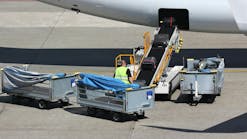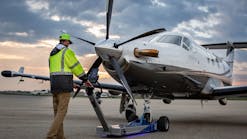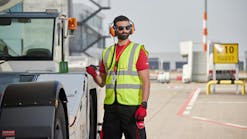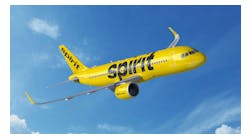With the public opening of its Skylink people mover system scheduled for Saturday, Dallas/Fort Worth Airport will unveil the first of three highly visible projects in its $2.8 billion capital improvement program -- the airport's largest expansion and modernization effort since it opened in 1974.
In early July, the $1.2 billion international Terminal D is scheduled to open. Integrated into that terminal is the third major expansion project, a 298-room Grand Hyatt hotel.
Together, these are the sorts of things that should fill North Texas with pride over how great the big airport can be. These projects help position D/FW for a bright future.
D/FW has been criticized in some circles for forging ahead with the capital improvement program, which also includes some things like runway expansions and other airfield improvements that most passengers will never notice, in the wake of the terrorist attacks on Sept. 11, 2001.
Work was already well under way at that time, and some people say that it should have stopped when the attacks led to a sharp drop in air travel.
Airline revenue still has not recovered; the industry was headed for a shakeout even before 9-11. But it has long been clear that air travel has become a fixture of American life, and passenger counts at D/FW have rebounded.
D/FW answered the questions correctly after 9-11. An institution that plays this great a role in the lives of so many people must continue to reshape itself and to meet the future head-on.
Now the questions about D/FW take a different tack: Will the Wright Amendment be repealed, ending restrictions on competing traffic at Dallas Love Field and crippling D/FW's ability to pay for these improvements?
As important as D/FW was when it opened 31 years ago, as vital as it has been to the growth of the regional economy since then, these improvement projects are just as crucial for the future. The continued health of this airport should remain North Texas' top transportation priority.




